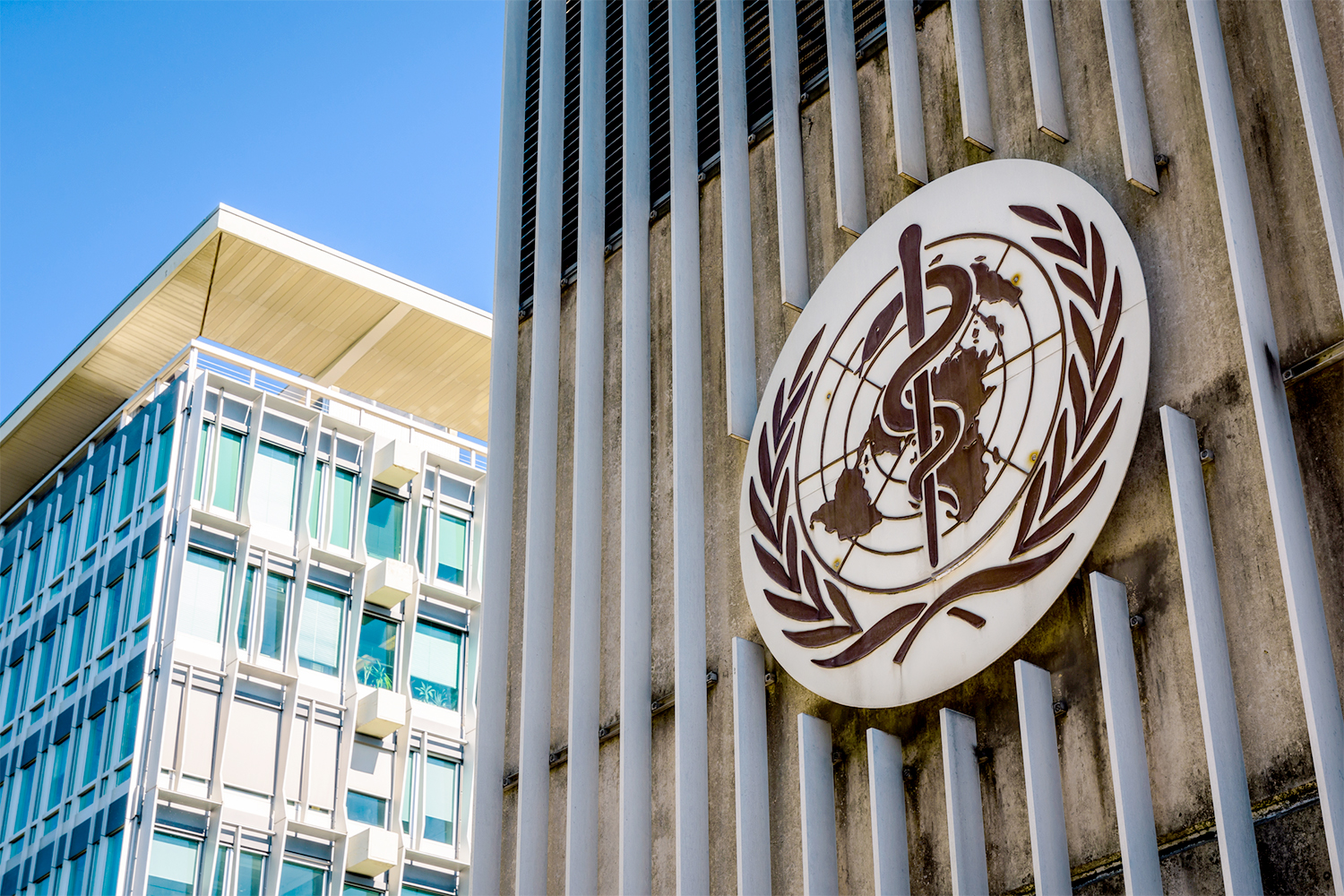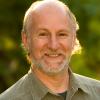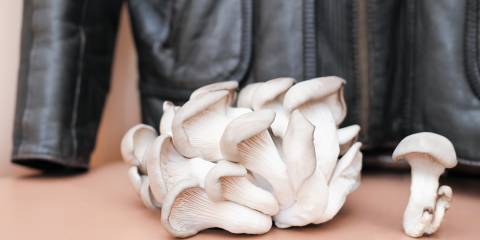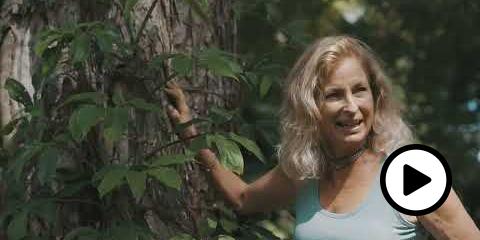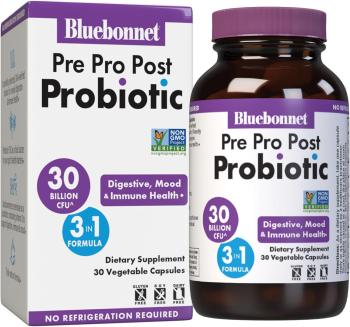The World Health Organization (WHO) is charting the future for integrative medicine. In August 2023, it convened its first Traditional Medicine Global Summit with the mission “Towards health and well-being for all.”
WHO and Traditional Medicine
Traditional medicine initiatives of WHO have been evolving for decades.
-
1978: The Declaration of Alma Ata
The Declaration of Alma Ata in 1978, in collaboration with UNICEF, was meant to focus attention on achieving societal healthcare for the entire world’s population.
-
2000: The Declaration of Health for All
The Declaration of Alma Ata was followed by WHO’s Declaration of Health for All by the Year 2000. Health for All, as defined by WHO, means literally that—health for all, despite social inequities and lack of access to formal medical care.
The way WHO envisioned accomplishing this task was by supporting and promoting the traditional medicine practices of midwives, herbalists, bonesetters, and traditional healers of all kinds.
Traditional healers represent the workforce serving the 80 percent of the world's population that relies on traditional medicine as its primary form of healthcare. The precept of WHO’s declarations is that traditional healers must be encouraged and embraced by national healthcare systems.
-
2004: The Chiang Mai Declaration
These initiatives were followed by the Chiang Mai Declaration, "Saving Lives by Saving Plants," which affirmed the importance of medicinal plants in human health and called on the United Nations, its agencies, and member states, as well as other international organizations, to act to conserve medicinal plants that save lives.
Initially, WHO’s attention to traditional medicine was focused on providing adequate healthcare to populations such as Amazonian rainforest dwellers and other marginalized communities throughout Africa, South America, the Caribbean, and elsewhere, who otherwise did not have access to modern healthcare services.
In each region, WHO central, based in Geneva, Switzerland, and regional affiliates throughout the globe, developed a myriad of traditional medicine initiatives that included the training of midwives, traditional healers who are critical to human care, in specific aspects of modern medicine, and included training about medicinal plants.
The Gujarat Declaration
Fast forward to August 2023 and the WHO Global summit on traditional medicine. Its Gujarat Declaration told the world that integrative medicine, the best of what modern Western medicine has to offer coupled with the best of what traditional medicine has to offer, is the medicine of the future for all nations.
This should be balm for the soul of Americans who for decades have paid the highest price for disease care and have gotten the lowest returns in healthcare, especially for our children. After all, we have the highest rate of infant mortality and childhood obesity of all similarly developed nations.
It can be said that America has no healthcare: we have only disease care.
Our system is designed for profits, not for people, as noted by Dr. Larry Churchill, professor of medical ethics at Vanderbilt University: “The current medical care system is not designed to meet the health needs of the population."
"It is designed to protect the interests of insurance companies, pharmaceutical firms, and to a certain extent organized medicine. It is designed to turn a profit....”
The Gujarat Declaration underscores the importance of natural medicine, not just as “alternative” medicine and medicine for marginalized communities, but medicine for all.
Environmentally Sustainable Medicine
The WHO Global summit focused on all aspects of health—from individual, community, societal, and global, to planetary health.
It made clear what modern medicine fails to grasp: that global health begins with individual health and that without individual health, we cannot achieve global health. All of us on the planet are connected to each other and to the planet.
The pharmaceutical industry exacts a high toll on the environment in terms of emissions, plastic usage, air pollution, and energy consumption. It emits more CO2 than the automotive industry.
This underscores, on a global scale, that herbal and nutritionally based medicine is the only environmentally sustainable form of medicine on the planet. Using herbs as our first line of therapies is not only an individual choice, but it is a global imperative.
A final consideration that WHO underscores is the need for equality in healthcare, not just for those who can afford it.
Conclusion
In most all countries on Earth, except for the United States, healthcare is considered a human right.
In the US, medicine is a business, and business is booming. The medical industrial complex has disproportionate influence on the media, medical education, medical research, and many politicians.
The good news is that they do not control us. We have the right to make our own health decisions. The fact that you are reading this is a step in the right direction.
“All of us together have gently shaken up the status quo that has for far too long separated different approaches to medicine and health,” said Dr. Hans Kluge, European Regional Director, WHO, at the 2023 Traditional Medicine Global Summit.
“By taking aim at silos, we are saying we will collaborate all the more to find optimal ways to bring traditional, complementary, and integrative medicine well under the umbrella of primary healthcare and universal health coverage.”
